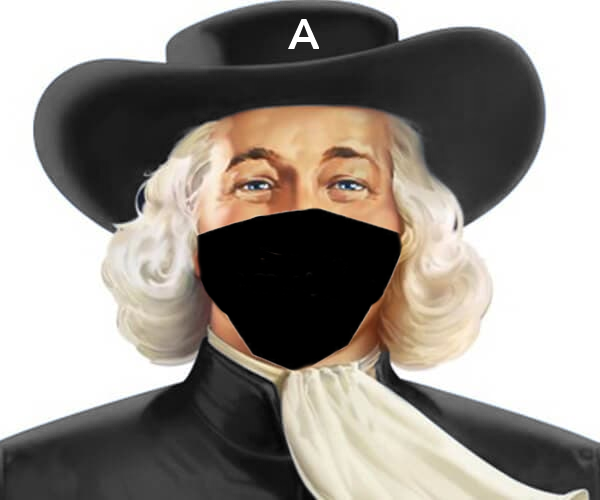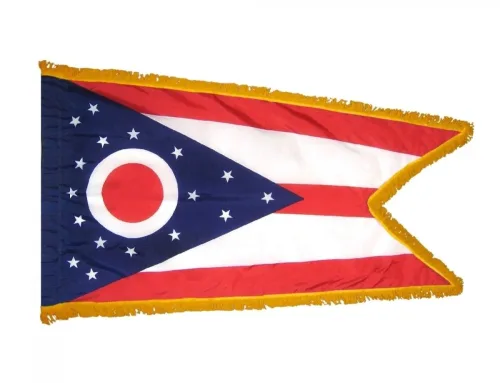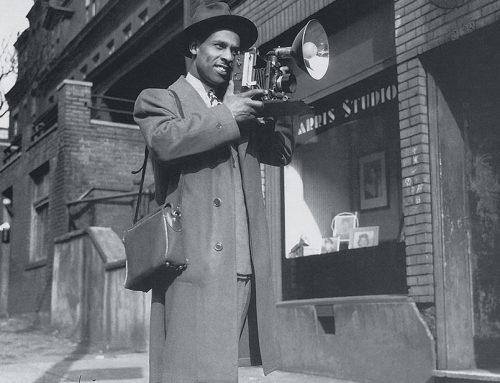As I reflect on Pennsylvania today, however, I must conclude that this commonwealth in which I reside has gotten much too far away from its origins as a sanctuary for the oppressed.
By Jesse J. Turri
“Obedience presupposes duality: one who speaks and one who listens; one who knows and one who is ignorant; a ruler and ruled ones. Religious groups who broke away from the spirit of dependency and obedience cherish different values such as mutuality and interdependence…The main virtue of an authoritarian religion is obedience…God’s love and righteousness are less important than God’s power…why do people worship a God whose supreme quality is power, not justice; whose interest lies in subjection, not in mutuality; who fears equality?” –Dorothee Sölle
In 1979, the year that Rod Steward was topping the charts with his steamy hit “Da Ya Think I’m Sexy,” the Commonwealth of Pennsylvania saw the birth of one of her beloved sons: me!
Aside from a brief year residing in southern New Jersey, I have lived in Pennsylvania all of my life. Part of my younger life was spent in Northeastern PA (NEPA), but I’ve mostly resided in North Central PA (aka, Pennsyltucky lol). Over the years I’ve had mixed feelings about residing in this alleged “Commonwealth,” especially the rural parts of it where I’ve mostly roamed. There have certainly been times where I’ve wanted to move away from the small Pennsylvania towns and cities that I’ve called home over the years; at times I’ve definitely thought about moving somewhere more hip, interesting, or refined. I mean let’s face it, PA is not quite as urbane as Massachusetts, after all, and it’s nowhere near as cool or sophisticated as a New York or a Connecticut, for instance, and compared to some progressive West Coast states like Oregon and California, PA comes off as a backwoods (which, btw, is indeed 70% “rural”) that is SO slow moving at times the label of regressive might be a good fit!
I shouldn’t be too critical of my home land, though, because this is a Pennsylvania positive post! And, after all, PA does indeed have SO MANY wonderful qualities, particularly in the area of natural beauty (the Appalachian foothills of Central PA, for instance, will always incite deep affection and reverence in me!). Interestingly, whenever I would find myself thinking about things that people might associate with Pennsylvania (which weirdly has happened more times than I’d like to admit), one well-known cereal company’s mascot would always make me smile when it came to mind: Quaker Oats.
Even though The Quaker Oats Company is based in Chicago, their packaging has featured a “Quaker guy” who has been identified as William Penn in their advertising dating back to 1909. One might ask: why would association of my homeland with an obscure Christian sect known for its nonviolent approach to faith and life make me smile? I’ll explain.
Recently, while watching an episode of CBS Sunday Morning (perhaps the only news magazine tv program I enjoy) I caught a story by Ted Koppel titled “What Colonial Williamsburg may teach us about politics today,” which attempted to make the case that we can learn about how to navigate challenging political issues discussed today by studying how people dealt with the same issues in the past, which is all well and good. What peaked my interest, however, was a line uttered by the actor playing Thomas Jefferson near the beginning of the story. While welcoming visitors to Williamsburg, the actor playing Jefferson says this:
Jefferson: “Good day, friends. How are you faring? You have no complaints? You must not be Virginians! If not from Virginia, where from?”
Person in the crowd: “Pennsylvania!”
Jefferson: ”Pennsylvania, land of religious anarchy? Welcome!”
Hearing this made me smile the way I smile when I see the Quaker Oats guy.
Apparently, during the colonial period of U.S. history, Pennsylvania was indeed informally referred to as “the land of religious anarchy” and refused to support state churches. This was because of the commitment to religious freedom and pluralism under William Penn’s leadership. Penn (the Quaker Oats guy) envisioned Pennsylvania as a “Holy Experiment” where individuals of diverse faiths could coexist peacefully. His governance model and the 1682 Frame of Government guaranteed freedom of worship and equal treatment under the law, attracting Quakers, Mennonites, Catholics, Huguenots, Moravians, Schwenkfelder, and other persecuted religious groups, including many Jews. The commonwealth’s policies created a society where no single religion dominated, which some contemporaries, including Voltaire, described as a form of “religious anarchy” due to its rejection of centralized religious control.
Interestingly, and importantly, the term “religious anarchy” here does not necessarily imply disorder (which is how most people understand the term) but reflects Pennsylvania’s resistance to imposed religious hierarchies. Scholars such as David Graeber have argued that Indigenous philosophies of mutual respect and decentralized authority impacted colonial policies, and it seems quite clear from what I’ve been reading that the Native American political practice of consensus-based governance, particularly those found among the native PA Lenape people, influenced Penn’s egalitarian approach quite a bit.
I do suspect it was an uncomplicated influence, though, because the consensus-based governance practiced by the Lenape, which prioritizes harmony, community well-being, and non-coercive decision-making, is something that should be quite familiar to most Anabaptists. For example, the Quakers are known for emphasizing the “inner light” or imago dei of individuals, leading them to ultimately reject hierarchies and advocate for nonviolent resistance. These influential indigenous philosophies of mutual respect and minimal interference obviously resonated with Penn’s similar vision. Yet, this experiment in governance went beyond theoretical harmony; it reflected a profound trust in the ability of individuals to self-organize without the imposition of centralized control.
As I reflect on Pennsylvania today, however, I must conclude that this commonwealth in which I reside has gotten much too far away from its origins as a sanctuary for the oppressed. Today PA more closely mirrors the broader American addiction to systemic and redemptive violence as evidenced through mass incarceration, war, ecological exploitation, and economic inequality. But what if Pennsylvanians did reclaim their anarchist legacy? What if we embraced a politics of compassion rooted in the abolition of violence and coercion? What would a new “Holy Experiment” look like that viewed “chaos” not as a threatening, negative, destructive force but as a catalyst for emergent, participatory democracies that honor the voices of all?
Perhaps by beginning to dismantle punitive violence-based systems and replacing them with restorative justice practices, healing can finally begin. Perhaps radical hospitality is an important religious value that Pennsylvanian’s can once again adopt as more and more people inevitably flee to our land due to ecological collapse, economic precarity, or systemic violence; all tragedies, yes, but also opportunities for creative emergence. And wouldn’t it be nice if citizens of the commonwealth of Pennsylvania pursued ecological harmony, practicing mutual respect and mutual submission, allowing ourselves to once again be influenced by the original people of this land. How nice would that be?
God, in your mercy, here our prayer.
Amen.
Jesse J. Turri is a husband, a father, a designer, web developer, and writer living in Williamsport, Pennsylvania. He was born in Danville, PA and moved to the beautiful Pocono Mountains at age 12. After high school he attended the Pennsylvania College of Technology (Penn State) where he earned degrees in Printing and Publishing and Graphic Design. Currently, he is pursuing an MFA in Communication Design at Kutztown University. In his free time he enjoys reading theology, philosophy, poetry and writing short stories for a podcast he co-created called Unfolded.






